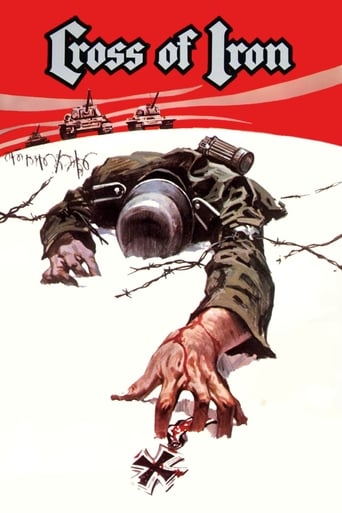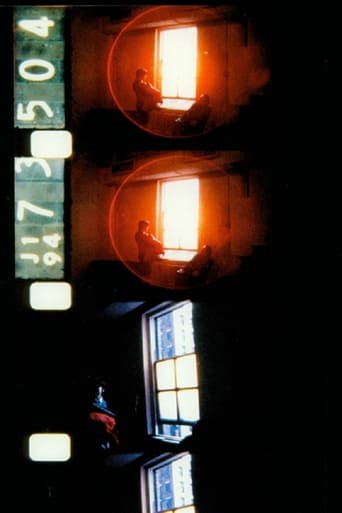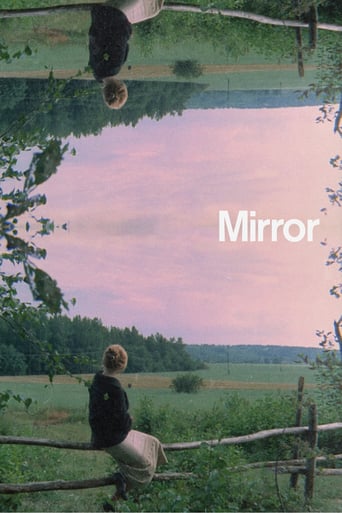


Mirror
A dying man in his forties recalls his childhood, his mother, the war and personal moments that tell of and juxtapose pivotal moments in Soviet history with daily life.
-
- Cast:
- Margarita Terekhova , Ignat Daniltsev , Alla Demidova , Anatoliy Solonitsyn , Nikolay Grinko , Tamara Ogorodnikova , Yuriy Nazarov


Similar titles
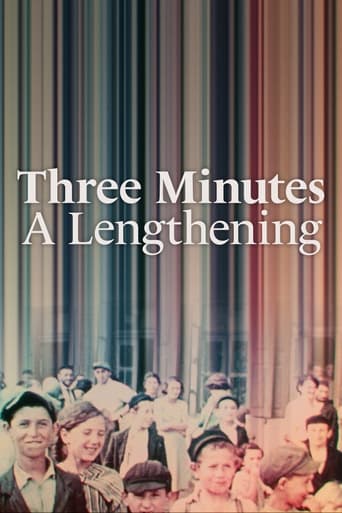
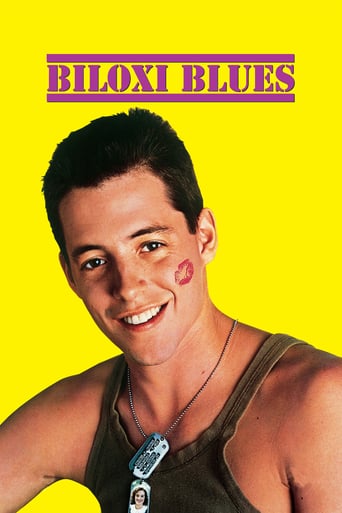
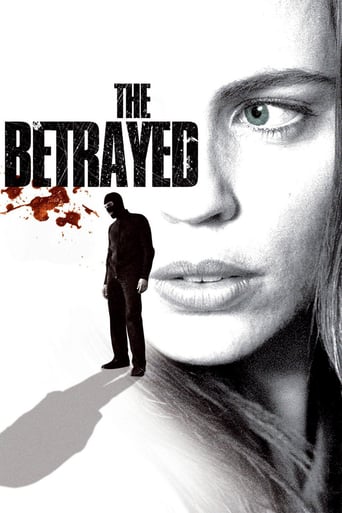
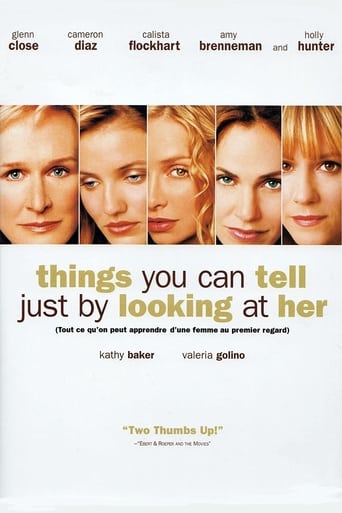
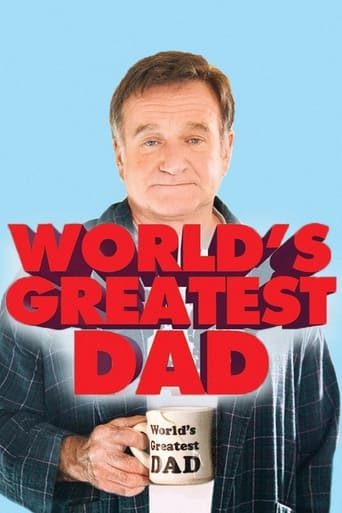
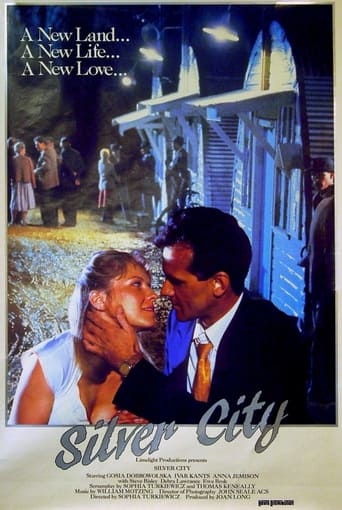
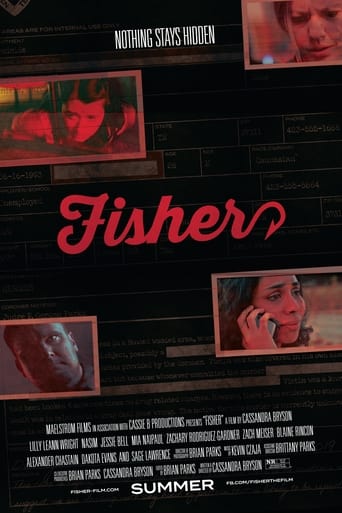
Reviews
Just perfect...
hyped garbage
How sad is this?
The acting in this movie is really good.
As with most of Tarkovsky's movies, this one is a slow, psychological, colourful movie with a lot of relevant deep themes. While the cinematography is brilliant ( Most of the shots themselves can be seen as moving paintings ), the music is excellent as usual in a Tarkovsky film, it misses a crucial element in filmmaking. Storytelling.If not for the description here on IMDb i would have absolutely no idea what this movie is about. It's just a bunch of random scenes put together in which Tarkovsky expects the audience to see the point. While the cinematography and the brilliant use of colour and camera angles make it stand out as a piece of art, the art of storytelling, compelling characters & character development seems non existent. The same actress is used for the mother and the wife of the main character, and it was difficult to see which one she was in a particular scene due to Tarkovsky's lack of storytelling. Same goes for the protagonist's son and himself when he was younger, the same actor, which only makes it confusing. There is also a weird mix in photography from black and white to colour to ( I presume ) show which timeline it is, but that still wasnt very clear, so it seems like an irrelevant addition. The protagonist is never shown and can sometimes be heard mumbling nonsensical poetry, but there is no character development to speak of at all in the film. While there were some unforgettable scenes ( or, more like images ), a movie is never complete without characters or storytelling, which leaves my verdict about The Mirror (1975) very mixed.
The mirror is a story of a dying poet experiencing a stream of consciousness. Aleksei the protagonist whose face is never revealed (since the memories shown are his true face) is recalling all the memories, dreams, thoughts, and feelings that he once encountered. The film shifts for that through three different timelines of pre- war, war, and post-war (asserting how the circumstances surrounding the person's life affect it). It is considered loosely autobiographical where the director is trying to reflect somehow on his own past pushing through its spiritual meanings, engaging in his country's history and present conditions, and depicting worldwide moments that concern all humanity. And with a brilliant touch the poems incorporated with several scenes are in fact written and read by the director's father Arseny Tarkovsky (It is important to note here that his second wife as well as his real mother appear in the movie).The highly unconventional film follows a nonlinear narrative.. and the dream-like sequence is often interrupted with archival footage that contributes to making the film a universal experience. Tarkovsky does not believe in using symbols, but every image of his carries one or several deep meanings. What about his perspectives then.. after all it is autobiographical. What is he trying to say? It seems that Tarkovsky is trying to show that everything is a reflection of another and that in every truth you'll find a mirror for the other. You'll find the mirror in the past and in the present.. in the spilled milk, in the open fields, the wind and fire, in the hardships and suffer, in war.. in the small moments of human sympathy, in the disembodied families, tragedies and lost love of a woman or mother... The director clearly uses elements from his own childhood.Tarkovsky believes in using images that provoke feelings more than thoughts and expects from his audience to perceive them from their own stance contributing by that to his work. And before going through some of the scenes, I would like to say that the camera work Tarkovsky employed is highly appreciated by critics.. the moving camera shots were fascinating and contributed thoroughly in the dream-like pace that defeats time.. mentioning also the slow motion and long shots.. the montage.. the switch from colors to black and white.. a piece of art.Interpretations to The Mirror starts with the opening scene.. the boy with the stutter may be a metaphor of how hard it is to communicate one's feelings (others said that it meant Tarkovsky has found his voice - maybe Tarkovsky meant both). The spilled milk appears in different parts of the movie as well as it does in other Tarkovsky's movies such as Stalker.. and it is accompanied here with the disembodied family. After several scenes, a thrilling shot of the husband washing Maria's hair is displayed (they need to take a different approach?).. at the end of the scene Maria views her physical appearance as an old lady facing her (the past haunts us - a reflection). Aleksei (post-war) talks to his mother on the phone and they always argue. Aleksei also quarrels with his wife Natalya and the same actress depicts both mother and wife (did Aleksei choose a woman similar to his mother to compensate "the missing love" or just as his wife stated that meant he is incapable of having a normal relationship with anyone"?"). Engaging in his country's issues, the pre-war "printing incident" scene implies that the state is suppressing.. Another scene shows an archival footage of soviet soldiers accompanied by poems about immortality and that everything in life is in a way everlasting (the spiritual journey appears in all of Tarkovsky's films). The archival footage also shows the Chinese - Russian conflict. Events that are "more universal" are also shown.. the Kurdish balloon journey, Spanish civil war (Insights, invention, and human sympathy), and the atomic tests of the year 1946. War and sympathy for its victims appear also in the scene of the Asafiev; the orphan who lost both his parents. After the shooting scene, the boy goes up to a snowy hill (implying how deep the suffering is) and a black bird stands on his head and Asafiev captures him (maybe a metaphor for the human potentials that were obstructed by war and tragedies). A blonde girl appears through several scenes and in one time with an injured lip (lost love).Leonardo Da Vinci's book is revealed in the hands of Aleksei and his son Ignat (also the same actor depicts both characters). The book makes time irrelevant and mixes the past with the present.. everything seems interrelated and reflects one another. A leaf (sadness, decay) appears in the book (representing art - decline of humanity due to war?). Ignat reads Pushkin's letter to a character that seems to resemble Anna Akhmatova (it is implied then that the character's presence was imagined - though the same character appears at the end sitting on the bed of the dying poet).Near the end, young Aleksei goes with his mother to the rich woman's house to sell her earrings.. Maria feels sickened (from the aristocratic presence?). The rich woman pushes her to "slaughter" a chicken for dinner and from there the film goes into the "levitation scene" where Maria's body rises up and a dove flies above her (the quest for peace through all this madness? - note that in a previous scene a co-worker compares Maria to a confused character in one of Dostoevksy's stories). The scene is thrilling and intense. We see then Aleksei dying.. he releases a bird from his hands (his soul to eternity?). After that, the last scene combines the three timelines all together as if happening at once!
When I saw "the mirror" and heard in an interview Nolan claiming that he took as inspirational that film for certain aspects of "Interstellar", I asked myself what the hell was he thinking. The mirror is definitely a really personal movie to Tarkovskij, he even had his own mother do the main character's mother.What is very good in this movie is the cut. Even though the film seems to make no sense at times, actually every scene naturally flows one into other. I heard somewhere that it took a lot of time for Tarkovskij to achieve a cut he liked of the film.Then, the idea of having multiple characters acted by the same actress to get the reflection's concept, the way certain dreams where depicted, the fact that you never actually see the main character, everything just works perfectly for you to like this film nonetheless.
Tarkovskii's Mirror is profoundly episodic in that it consists almost exclusively of dredged up memories, real or imagined, from the life of the central figure, Alexei. The structure is nonlinear, but the viewer never seems to get caught up on the slight confusion created by this. The only aspect that truly hinders understanding is the decision to have Terekhova play not only Alexie's wife but also his mother; one is always a little unsure of which time sequence the film is in. This uncertainty can only be intentional as it enhances the overall theme of the fallibility of human memory. The viewer, however, is oftentimes too distracted by Tarkovskii's beautiful sequences to mind having to untangle the nonlinear plot. The camera follows characters like an unseen eye, although occasionally veers off to focus on a seemingly-unrelated poetic image, like a vase that slowly falls off the edge of a table. The color cinematography saturates the world in a dreamlike palette, such as the early scene in which Alexei's mother sits on a fence in the Moscow countryside. When Tarkovskii switches abruptly to sepia and black and white tones, it's hardly noticeable, and is remarkably well done. Surrealist elements are interspersed, such as the scene in which Maria washes her hair as plaster falls all around her and water floods the house. These instances, combined with the occasional poem narrations, make the disjointed remembrances even more dreamlike. At the end of the film, it is still unclear what exactly the viewer has seen, and another viewing is necessary. The memorable scenes stick in one's head just as much as casual pans of the camera. Tarkovskii's Mirror is full of something, and it's just not clear yet what that something is.

